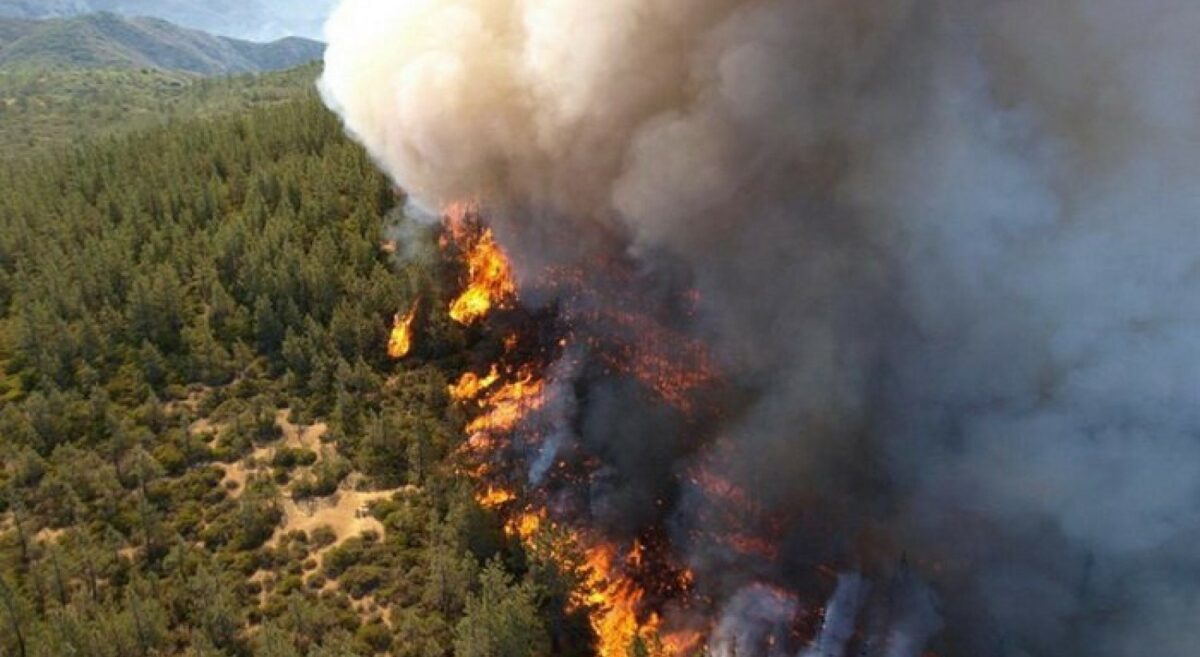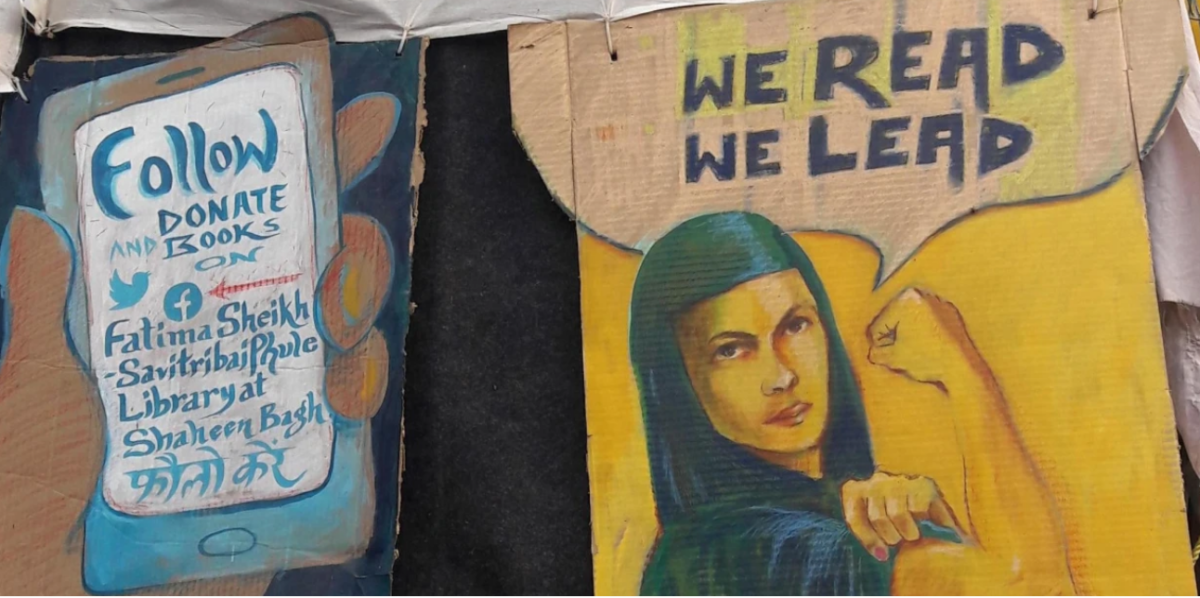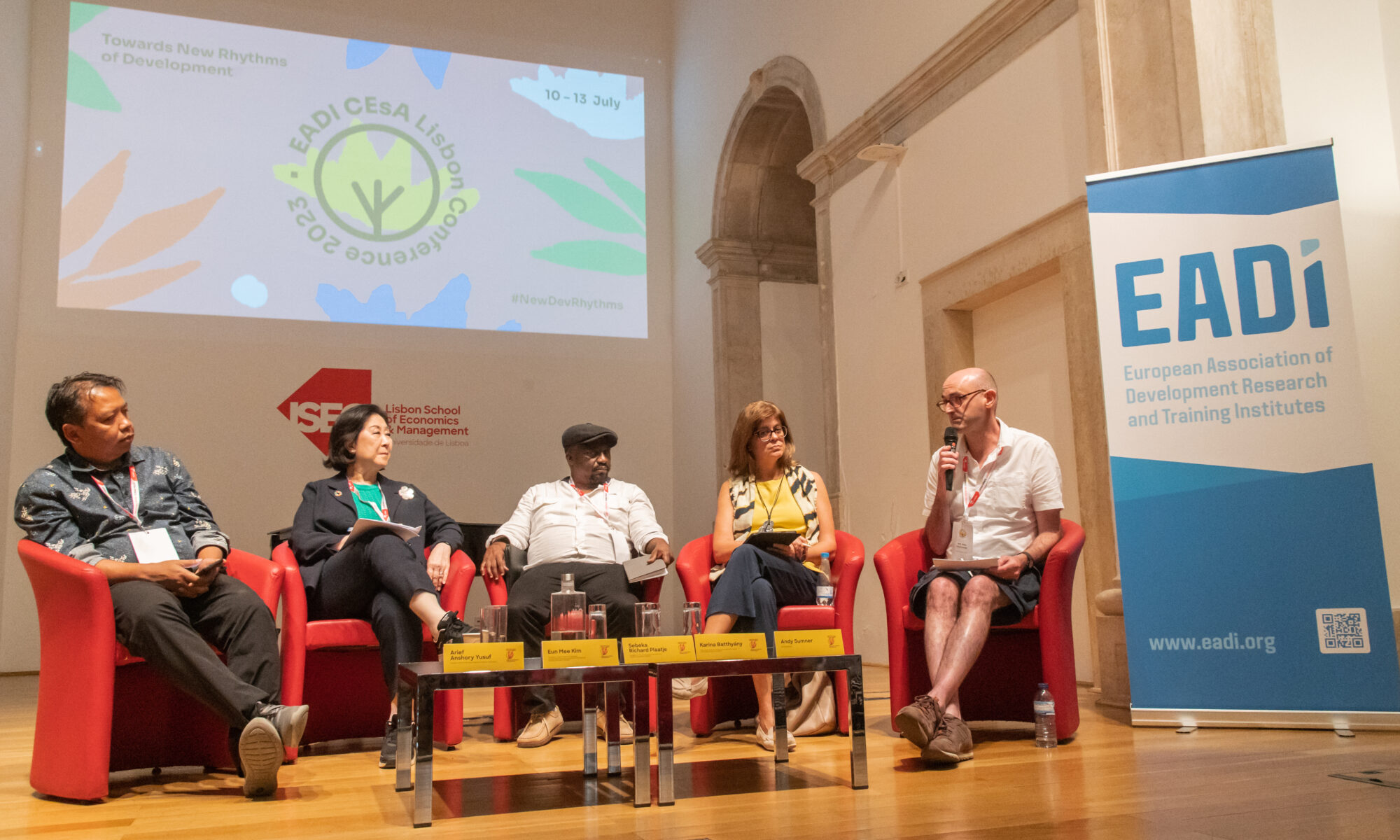By Henning Melber
There is a history to Developmentalism long before the US-American President Truman’s interpretation in his inaugural address of 1949. He then advocated development as an integral part of Western policy embracing the emerging independent states through aid in support of sovereign governance. An embracement, which often turned out to be more of a strangulation than a provision of oxygen to breathe the winds of change as signs of freedom and self-determination to make own choices.
Continue reading “Reflections on Development in Development Studies”



